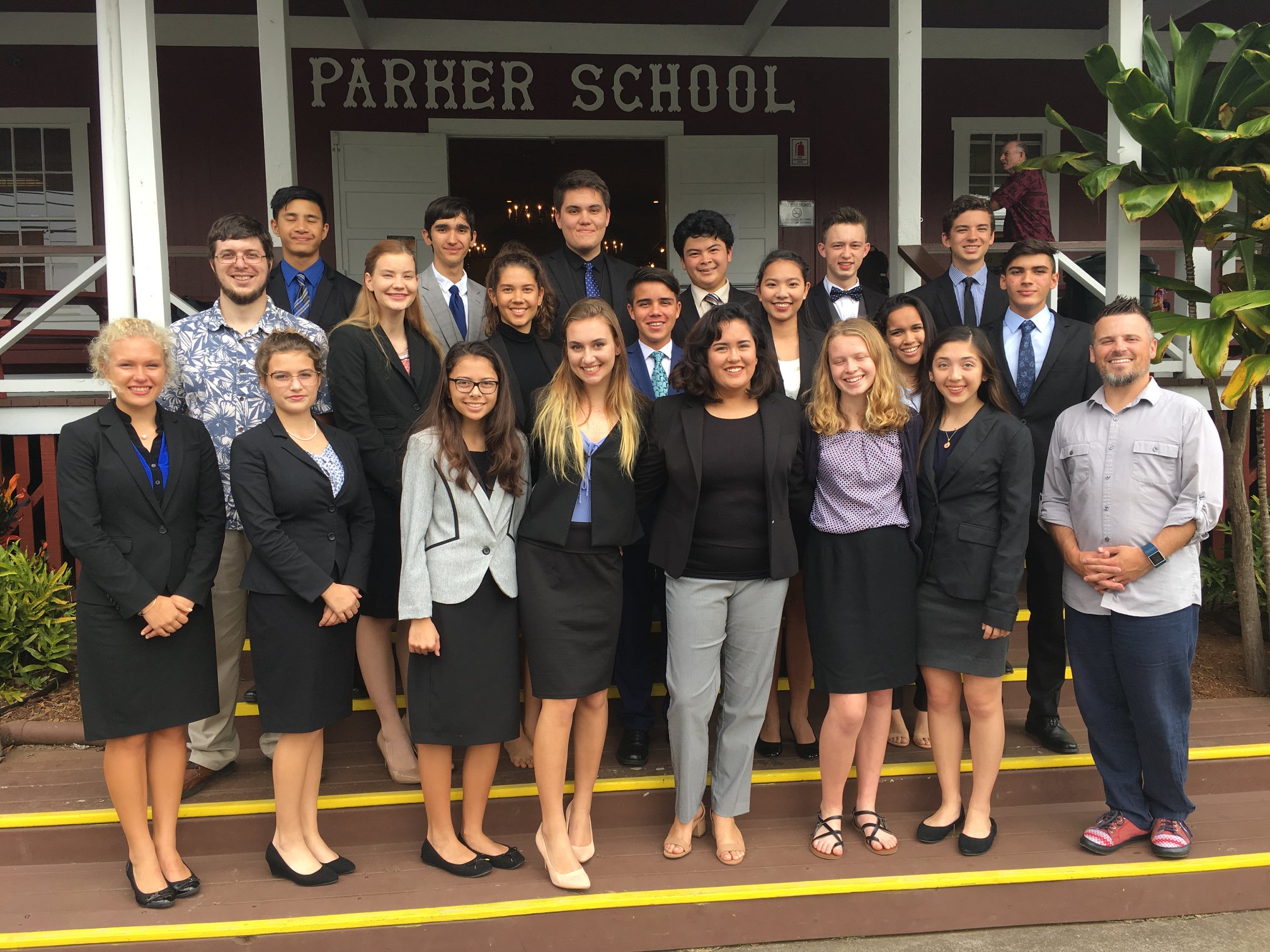What is Classical Christian Education?

What is Classical Christian Education?
Reflections at the start of a new school year
by Eric Fugitt
There is a crisp feeling in the air on a cool August morning as the doors to Trinity Christian School open wide and a new year begins to unfold. There is a flood of enthusiasm amongst the faculty, parents, and students as we eagerly anticipate the wonders we will uncover over the next 9 months. Uniforms are freshly laundered and neatly worn, and an eager smile shines on every face. I see waving parents—resting in the confidence of their choice of school for their children—dropping them off at the curb or walking their little ones to their fresh, new classrooms. The atmosphere is electrified with wonder, awakened from its summer drowsiness, igniting anticipation in having that wonder fulfilled.
 Throughout the next few months, the halls of the grammar school in this classical Christian environment will resound with the echoes of chants, sound-offs, and songs being ardently practiced each day by energetic and enthusiastic children taking satisfaction in their ability to memorize astonishing quantities of material with relative ease. These children are being taught according to their God-given gifts. We are teaching “with the grain” of each child, which promotes wonder and makes for a happy and contented student. Gone are the days of goading the child to prematurely reach far beyond his grasp to higher-level thinking which he finds unpleasant—making little sense to his developing mind. This child is the most content when life consists of black and white, right and wrong, and facts and rules. He takes delight in his ability to recall and recite volumes of information from their latest science or bible lesson, sing funny grammar jingles, or chant about his history time-period.
Throughout the next few months, the halls of the grammar school in this classical Christian environment will resound with the echoes of chants, sound-offs, and songs being ardently practiced each day by energetic and enthusiastic children taking satisfaction in their ability to memorize astonishing quantities of material with relative ease. These children are being taught according to their God-given gifts. We are teaching “with the grain” of each child, which promotes wonder and makes for a happy and contented student. Gone are the days of goading the child to prematurely reach far beyond his grasp to higher-level thinking which he finds unpleasant—making little sense to his developing mind. This child is the most content when life consists of black and white, right and wrong, and facts and rules. He takes delight in his ability to recall and recite volumes of information from their latest science or bible lesson, sing funny grammar jingles, or chant about his history time-period.
In the grammar school, we are about the business of teaching the facts and rules (the grammar) of each subject in God’s creation to foster a sense of wonder already present in the child’s mind. There is a telos, or purpose, in teaching this way. We are preparing him for a life with Christ as well as for the next level of his classical education—the logic stage—where his “wonder-grain” starts to take on a new pattern.
As he moves out of the grammar stage, his mind is bursting with knowledge that the secondary teachers begin to rework. His new sense of wonder takes delight in analyzing the world around him while looking for flaws. Everything is prey to his analysis. No lapses in logic are insignificant. He scrutinizes everything so as to argue everything.
Knowing their students possess in full measure these characteristics, the teachers begin to train him to  discuss and debate moral issues in a Christ-like manner. Teachers at this level challenge their students’ assumptions. This requires a tough skin, because the teacher is now the target of his students. We educate him in the fine art of argumentation with an intentional concentration on his demeanor (ethos), logic (logos), and persuasiveness (pathos) so that he may bring glory to God and be firmly grounded when interacting in the adult world. We encourage and help facilitate a deeper relationship with Christ so that He may mold the child into His image—creating within him a deeper beauty.
discuss and debate moral issues in a Christ-like manner. Teachers at this level challenge their students’ assumptions. This requires a tough skin, because the teacher is now the target of his students. We educate him in the fine art of argumentation with an intentional concentration on his demeanor (ethos), logic (logos), and persuasiveness (pathos) so that he may bring glory to God and be firmly grounded when interacting in the adult world. We encourage and help facilitate a deeper relationship with Christ so that He may mold the child into His image—creating within him a deeper beauty.
Finally, as he progresses through to the Rhetoric stage, he now has his facts and rules of the world around him; he has dissected the significance of the Logos (Christ—the glory of God); he has logically debated the effects of the Creation, Fall and Redemption of man; and he now learns to articulate his viewpoint reasonably and persuasively for the glory of God. It is in the Rhetoric stage that the “wonder-grain” bends once again as the student now desires to articulate the wisdom God has given him. This articulation is performed both orally and in written form. Deep, meaningful discussions permeate the Rhetoric stage. Along with core academic classes, students take formal rhetoric to refine the craft of discussion and persuasion. A Christ-like presence, an ability to reason in a reflective, thoughtful manner, and an attractive persuasiveness in speaking the Truth are the aims of a classical Christian education.
 The ultimate goal of a classical Christian education is heart and character formation for the glory of God. True education can only be accomplished within the context of a strong biblical worldview. We establish our students in the truth of the Lordship of Jesus Christ over all knowledge, understanding, and wisdom. We bask in the truth, beauty, and goodness of Jesus Christ found in His Word and in His creation. This is what we do. This is our spiritual act of worship each day. Soli Deo Gloria.
The ultimate goal of a classical Christian education is heart and character formation for the glory of God. True education can only be accomplished within the context of a strong biblical worldview. We establish our students in the truth of the Lordship of Jesus Christ over all knowledge, understanding, and wisdom. We bask in the truth, beauty, and goodness of Jesus Christ found in His Word and in His creation. This is what we do. This is our spiritual act of worship each day. Soli Deo Gloria.
Looking for more? Read our Grand Tour blog and Athletics blog!

